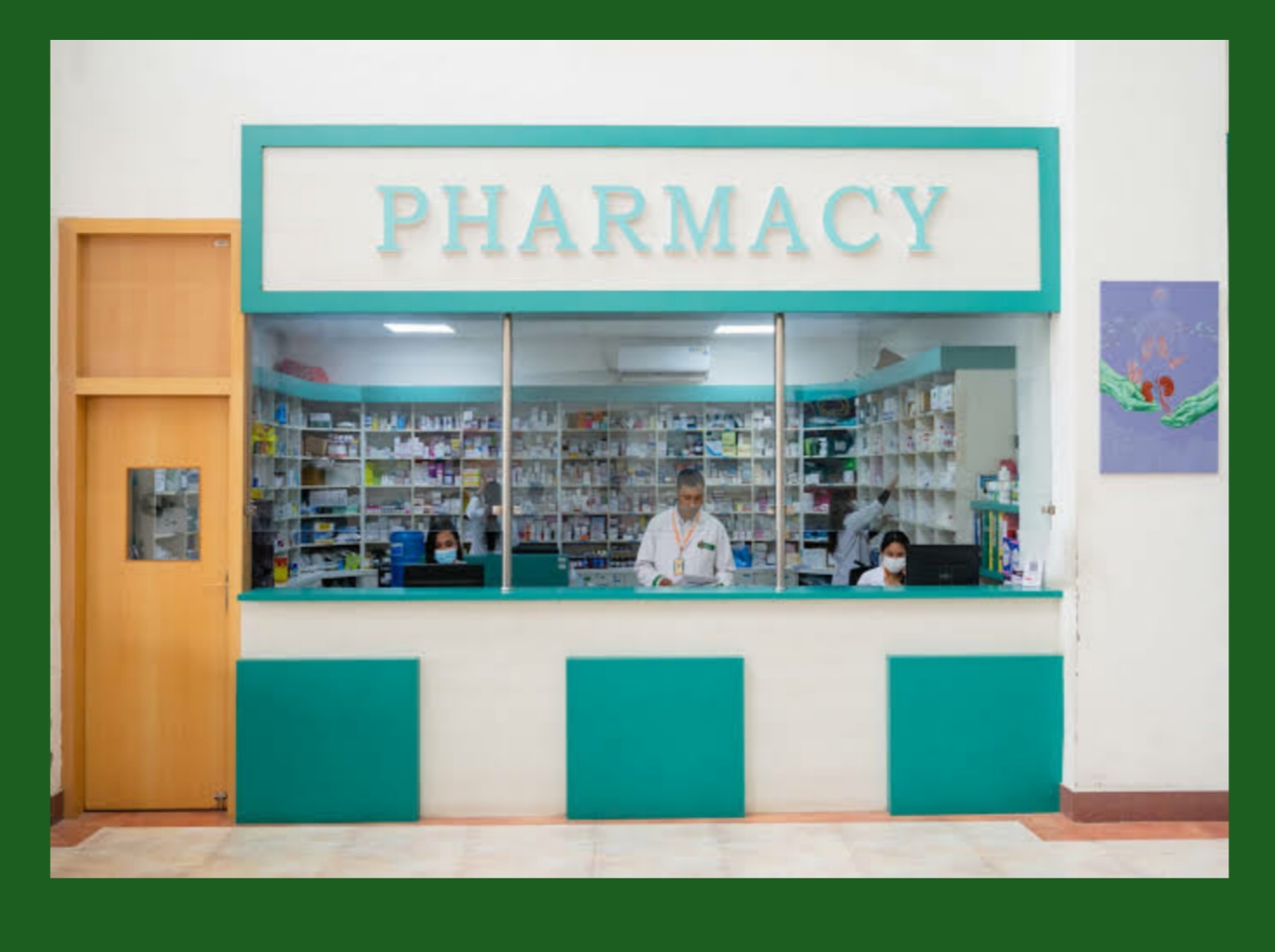Pharmacy is a vital field in healthcare, and pursuing a career in this area can be both rewarding and impactful. In Tanzania, there are various educational pathways for aspiring pharmacists, including certificate, diploma, and degree programs. Here’s a comprehensive overview of the requirements for each level.
1. Certificate in Pharmacy
The certificate program is typically a shorter course designed to provide foundational knowledge and practical skills for pharmacy assistants.
Requirements
- Education: Completion of Form IV (ordinary level secondary education) with passes in Chemistry, Biology, and Mathematics.
Duration
The program usually lasts about one year.
2. Diploma in Pharmacy
A diploma in pharmacy offers more in-depth training and prepares students for roles as pharmacy technicians or for further studies.
Requirements
- Education: A minimum pass of C grade in Chemistry and Biology and D grade in Physics plus any other subject at ‘O’ Level Secondary education. A pass in Mathematics and/or English will be an added advantage.
- Equivalent Qualification: Certifcate in Pharmaceutical Sciences with an average of “B’’ or a minimum GPA of 3.0. In addition, an applicant must have a minimum of “D” grade in the following subjects: Mathematics, Chemistry, Biology, Physics and English at O-Level.
Duration
The diploma program typically spans three years.
3. Degree in Pharmacy (BPharm Degree)
A degree in pharmacy is essential for becoming a licensed pharmacist and involves comprehensive training in pharmaceutical sciences, healthcare systems, and patient care.
Requirements
- Education: Three principal passes in Physics, Chemistry, and Biology with minimum of 6 points: A minimum of D grade in Chemistry, Biology and Physics.
- Equivalent Qualification: Diploma in Pharmaceutical Sciences with an average of “B’’ or a minimum GPA of 3.0. In addition, an applicant must have a minimum of “D” grade in the following subjects: Mathematics, Chemistry, Biology, Physics and English at O-Level.
Studying pharmacy in Tanzania offers various pathways, each suited to different career goals. Whether pursuing a certificate, diploma, or degree, the commitment to education and a passion for healthcare is essential. Prospective students should thoroughly research their chosen institutions and prepare accordingly to meet the admission requirements. With the right qualifications, a fulfilling career in pharmacy awaits, contributing significantly to public health and wellbeing.
